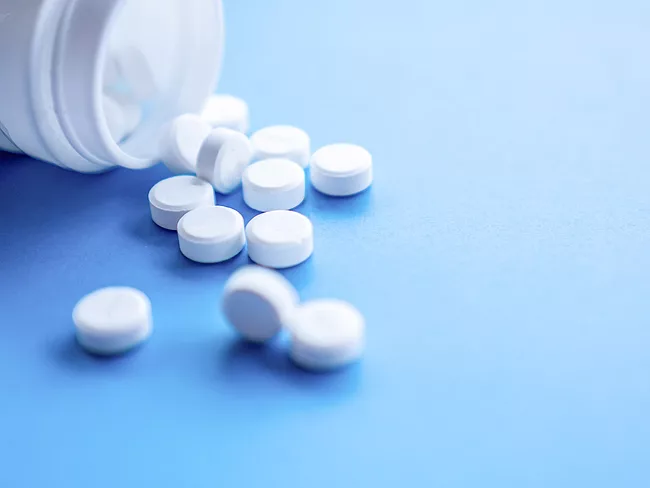
- BioWorld
- BioWorld MedTech
- BioWorld Asia
- BioWorld Science
- Data Snapshots
- Special reports
- Infographics: Dynamic digital data analysis
- Trump administration impacts
- Biopharma M&A scorecard
- BioWorld 2024 review
- BioWorld MedTech 2024 review
- BioWorld Science 2024 review
- Women's health
- China's GLP-1 landscape
- PFA re-energizes afib market
- China CAR T
- Alzheimer's disease
- Coronavirus
- More reports can be found here
ARTICLES
Healing the health divide
VCs emerge for women’s health and its ‘groundbreaking’ research
Nov. 15, 2024
By Karen Carey
Women's health
Despite women’s health inroads, lackluster funding impedes progress
Nov. 15, 2024
By Karen Carey
Healing the health divide
Despite women’s health inroads, lackluster funding impedes progress
Nov. 14, 2024
By Karen Carey
Neurology/psychiatric
Vesalius-GSK $650M pact: Targeting Parkinson’s root causes
Nov. 13, 2024
By Karen Carey
- BioWorld
- BioWorld MedTech
- BioWorld Asia
- BioWorld Science
- Data Snapshots
- Special reports
- Infographics: Dynamic digital data analysis
- Trump administration impacts
- Biopharma M&A scorecard
- BioWorld 2024 review
- BioWorld MedTech 2024 review
- BioWorld Science 2024 review
- Women's health
- China's GLP-1 landscape
- PFA re-energizes afib market
- China CAR T
- Alzheimer's disease
- Coronavirus
- More reports can be found here





